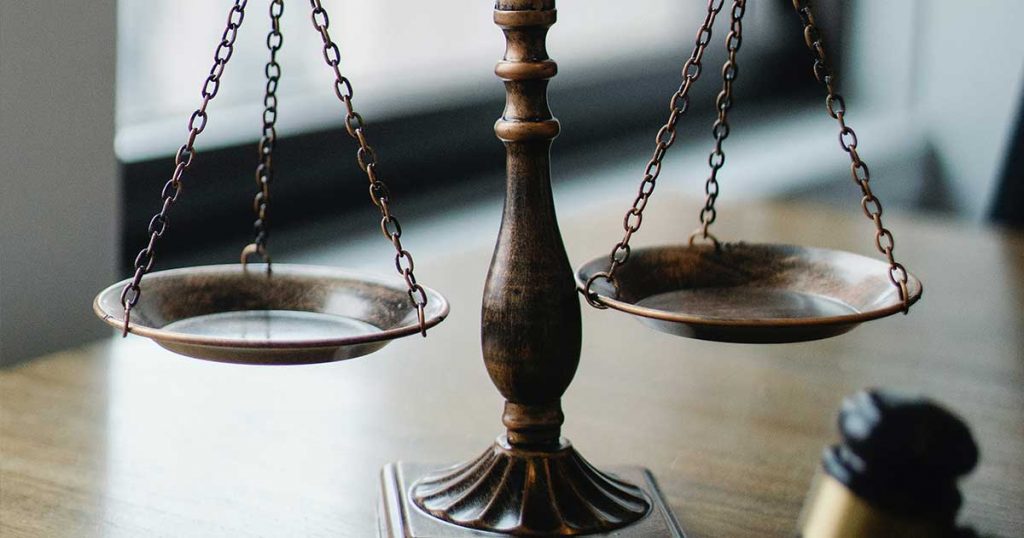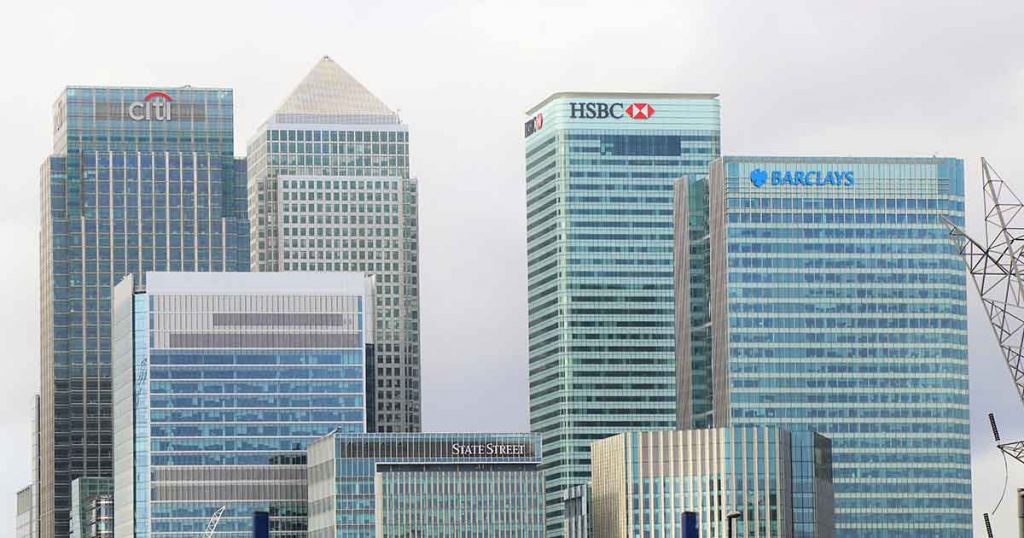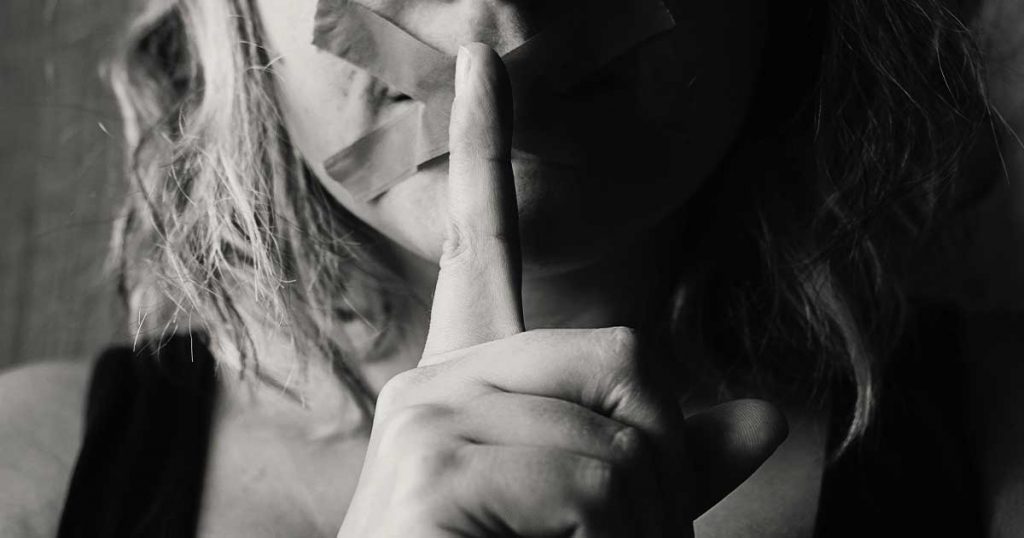In extreme cases where children stray beyond parental control, putting themselves at risk, the High Court has the power to deprive them of their liberty. In an example of that power being exercised, a judge acted to save a 16-year-old boy from the malign influence of the drugs gang culture into which he had fallen.
The teenager frequently ran away from home and travelled around the country. He was believed to be involved in a so-called ‘county lines’ drugs network. He had been arrested in possession of 70 wraps of crack cocaine. He had been the victim of a serious assault and a close friend had died in a gang-related stabbing. He had witnessed another friend having two of his fingers severed by an axe.
His desperately worried mother supported the local authority in seeking an interim care order. The council also urged the Court to exercise its inherent power under Section 100 of the Children Act 1989 to authorise the deprivation of liberty that would be required to confine the teenager in a secure residential unit.
Granting both applications, the judge found that, without an element of confinement, the boy would be at real risk of significant harm, or even death. Gang culture had been the dominant influence on his life for some years and posed a serious threat to his physical and emotional health. In order to break the cycle of criminal activity, deprivation of liberty was both necessary and proportionate.
The judge authorised the council to, amongst other things, prevent him leaving the secure unit where he would be placed and to restrict his access to mobile phones and social media. Recognising the draconian nature of the order, the judge directed that the restrictions on his liberty should remain in place for an initial period of eight days. No extension of the order would be granted until the teenager had been given the opportunity to be heard.





